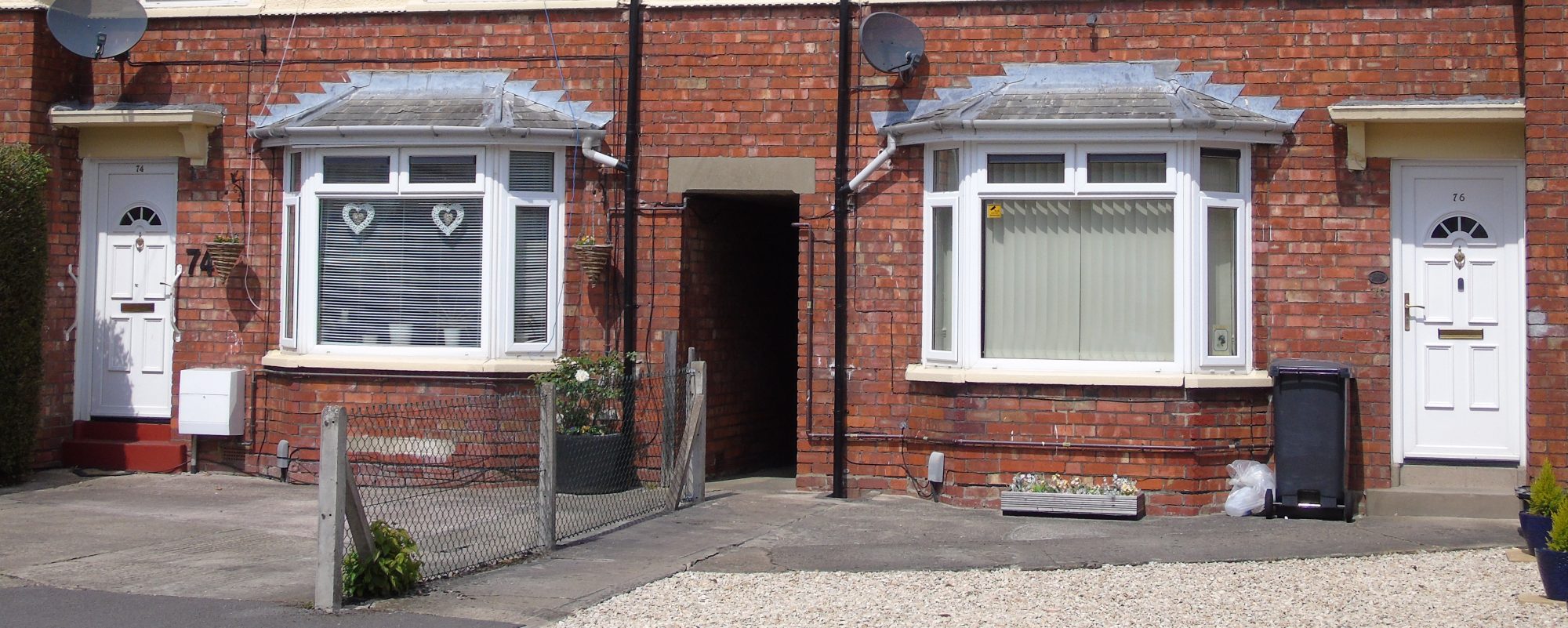
This is Councillor Emma Taylor’s speech on her proposal to introduce a selective licensing scheme for private landlords in three areas in Worthing.
“This report demonstrates Worthing Council’s ambition to better protect our citizens by tackling poor standards in private sector homes. The proposal is to develop a selective licensing scheme that will enable our private sector housing team (PSHT) to take a targeted and proactive approach in the areas where the data informs us it is most needed.
The private sector housing team (PSHT) already use their powers to drive up standards in the private rented sector by making landlords carry out improvements where these are necessary and by licensing Houses in Multiple Occupation HMOs, however limits on finances and resources mean they are currently only able to act on a reactive basis.
Our recent homelessness needs assessment showed that 22% of homes in Worthing are privately rented which is a whole 3% higher than the southeast average. Additionally this stock is not spread evenly throughout the town, with Central and Heene Wards holding 40%. If you then include Selden, over half of the private rental stock in Worthing is situated within three small and concentrated wards at the front and centre of our town. The data also suggests that these same wards have the highest number of category 1 hazards which are the most serious in terms of health and wellbeing as well as the most houses in multiple occupation. Furthermore, our internal data shows that the highest numbers of complaints relating to property condition come from people living in Central and Heene.
Having lower than average levels of social housing in Worthing means there is a chronic shortage of affordable housing and some landlords have capitalised on the shortage of available properties to rent by offering dangerous and sub-standard accommodation, often charging the earth for it.
It is our statutory duty under the Housing Act 2004 to keep the housing conditions in our town under review to identify when and where action should be taken. We also have a duty to inspect any properties that we believe may have category one hazards such as cold, damp and mould and if necessary take enforcement action.
Under part 3 of the Housing Act we have the powers to designate areas for selective licensing to tackle issues such as poor property conditions and high levels of deprivation. Research has shown that other local authorities with schemes already in operation considered them to be at least “fairly effective” in tackling one or more of the issues licensing was introduced to address.
In Worthing, selective licensing will be a great tool to transition us from a reactive to proactive approach to improving the standard of homes in the areas that we know need it most. The result will be a simple to define offence. Does the applicable property have a license or not? If not it is very likely that the landlord is hiding other wrongdoing. In such cases, we will not need to give 24 hours notice before inspection which will be vital for catching the worst offenders. Overall a proactive approach is likely to bring wider issues to our attention and the scheme itself will improve awareness among landlords in terms of their responsibilities to their tenants.
As well as responding reactively to reports of sub-standard rental accommodation our officers do all they can to identify licensable HMOs. Licensable HMOs are those whereby there are 5 or more people, from two or more households, sharing facilities. The selective license scheme will require all HMOs to be licensed regardless of size and would also include section 257 properties where a building has been converted into self-contained flats that did not comply with appropriate building standards.
For all these reasons I believe the proposed, general selective licensing scheme will be the best way for us to identify and improve all types and sizes of accommodation in these three wards. It is important to note that properties let by private registered providers of social housing (PRPSHs) are exempt from the licensing requirements though we can still use enforcement powers when appropriate.
In the new financial year we will look to bring a paper to this committee that will clearly set out robust and transparent enforcement policies to complement our commitment to driving up standards.
Despite the limited number of staff, the private sector housing team (PSHT) has achieved a level of enforcement activity that exceeds the national average in respect of housing conditions which is testament to their dedication to protecting our Citizens. However many tenants are not aware that the council can help them if they live in a private rental property and those who do know, may choose not to involve us for fear of being evicted.
The next step will be to embark on a minimum 10 week consultation process to consider the need for, cost and scope of the scheme as well as the proposed conditions and potential consequences.
Following this, approval will need to be sought from the relevant secretary of state. The scheme would then be able to commence from 3 months after the approval was granted.
In principle the revenue generated from each license, will offset the associated costs of administering the scheme.
A legitimate concern about this scheme could be that it will cause landlords to sell up rather than purchase a license. However with the proposed cost of a license working out to be as low as £20 per month, we hope that decent landlords will see why this scheme is important and be proud to comply.”
